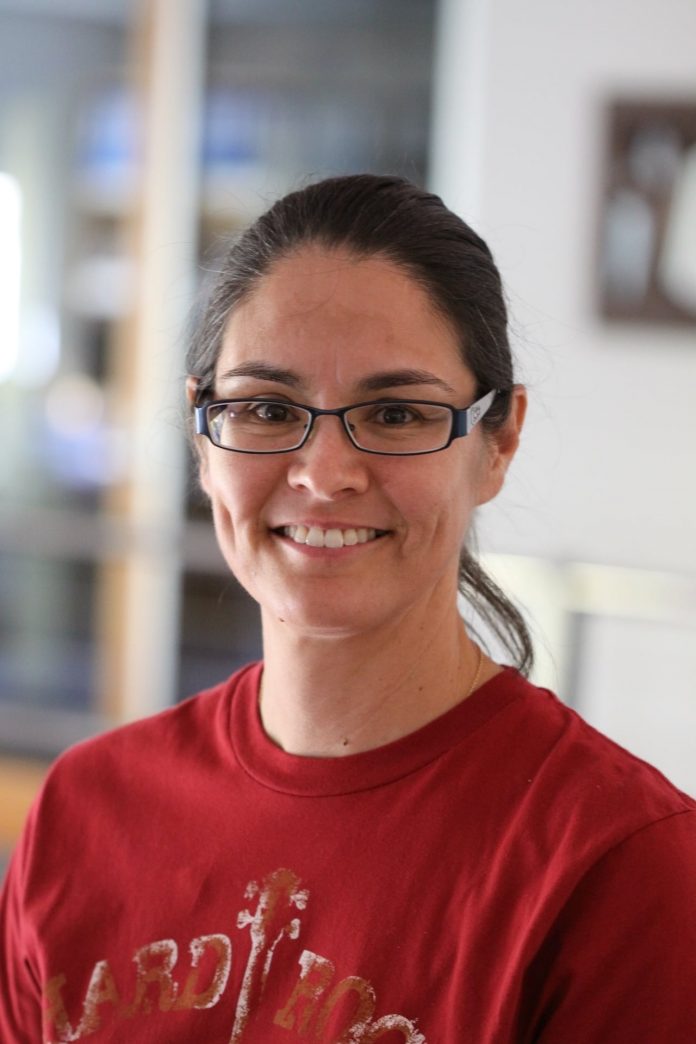A world-first trial at Curtin University will attempt to reverse cognitive decline in seniors, by a program of balance and walking exercises.
Senior Research Fellow Dr Elissa Burton said people with mild cognitive impairment experienced significant memory loss without losing other mental abilities.
“They are usually able to function independently and do not show signs of impaired reasoning or judgement.
“However they tend to experience poorer mobility, balance and physical fitness, have poorer quality of life and greater depressive symptoms than those not cognitively impaired.
“They are also 72 per cent more likely to fall than others in the same age group.”
Dr Burton says people with mild cognitive impairment can sometimes revert back to normal cognition, although others may remain living with mild cognitive impairment or even get worse leading to dementia.
“Physical activity, in particular balance exercises, have been shown to reduce falls for older people without cognitive issues, but we don’t know if they can also assist people with mild cognitive impairment.”
Aerobic exercise like walking has been shown to improve cognition for people living with mild cognitive impairment. A trial at the University of Sydney, reported earlier this year, found that weight training prevented or at least delayed the onset of dementia.
One hundred volunteers were divided into four groups, one group received weight training, another were given computer-based brain training, and a third group a combination of the two, while a fourth group were given sham exercise and brain training to serve as a control. All participants undertook two sessions per week for 30-45 minutes over six months.
The study found that high intensity weight training is important for brains, not just brawn. Pumping iron improves the mental abilities of older people with mild cognitive impairment – a common precursor to dementia.
Professor Maria Fiatarone Singh, the study’s chief investigator, said the research demonstrates the potential of exercise to reduce dementia risk.
“We know weight training stimulates hormones that make muscles grow and it’s possible these hormones are also having similar benefits for brain function,” she said.
The Curtin study will attempt to reduce falls for people living with mild cognitive impairment. At the same time researchers will look to see if a program of balance and walking exercises improves physical health, quality of life and reduces the rate of cognitive decline.
Dr Burton is looking for people aged 50 years or over, who live in the Perth metropolitan area and have mild cognitive impairment or memory issues and would like to participate in this study. Volunteers will receive free treatment and will be able to do the exercises in their homes.
The study will involve two groups, one group will be randomly selected to do the exercise program and the other (control) group will continue living as they are. The balance and walking group will see a physiotherapist 10 times over six months.
The study is supported by a National Health and Medical Research Council (NHMRC) Investigator grant.
For more information please contact Dr Elissa Burton, School of Physiotherapy & Exercise Science at Curtin University on E.Burton@curtin.edu.au, phone 9266 4926 or check out the website www.balanceonthebrain.com.



































